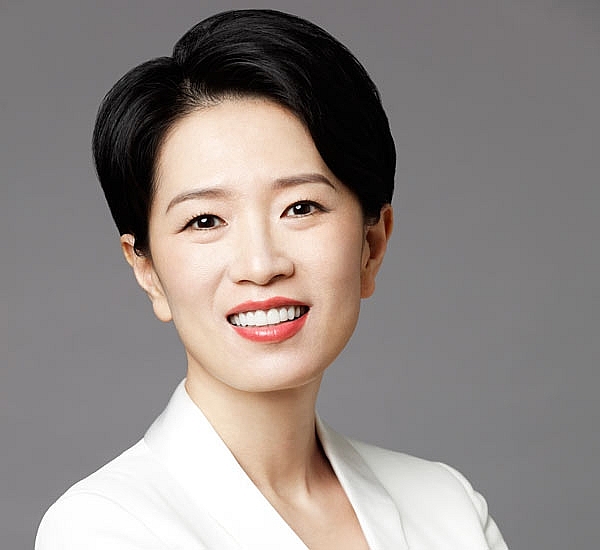GE shares views about partnership for new economies
 |
| Rachel Duan, president and CEO of GE Global Growth Organization |
Globalisation has created an era of growth and interconnectedness among economies that drives progress around the world in areas such as transportation, healthcare, and communications. As the world has grown “smaller”, new partnerships have been formed, new wealth was created, and new opportunities emerged for both developed and developing nations.
But growth in these partnerships was not always equal. Some countries fared better than others, and in general, developed nations tended to get the better end of the bargain with their robust local markets, established supply chains, and skilled workforces.
Now, however, leverage in connected economies is shifting and the Bloomberg New Economy Forum this week dives into just this topic. Nations previously known as “developing” have established firmer financial footing and have moved to more valuable parts of the supply chain. I believe that the benefits to both developed and developing nations lie in committing to the long view. Developed nations should take on the role of partners to emerging markets, in which mutually-beneficial growth is the focus.
As we head into the third decade of this millennium, GE is committed to helping customers drive this pursuit of mutually beneficial growth. Take Vietnam as an example – a country that has come a long way over the last 30 years. As part of its significant infrastructure investments, Vietnam is seeking self-sustainability, with domestic growth in energy and aviation resources.
In 2017, to support the country’s growth ambitions, GE signed a $5.5 billion deal – the largest in our company’s history. This cross-sector investment consisted of $2 billion to support the development of Vietnam’s energy sectors and $3.5 billion for aviation engines and maintenance support. We believe this kind of agreement, coupled with good governance and hard work, is a win-win across geographies and economies, and can ignite sustainable growth in a country such as Vietnam.
These kinds of investments are not easy – they take time and steady focus. But they are possible, and I’d argue, even necessary in this new world. When initiating these kinds of mega-agreements in the world of new economies, the following elements are necessary to embrace:
- Partnership – Developing deep trust and commitment to each other is the foundation of any potential deal.
- Investing in people and skills – Governments are no longer looking for products or services – they want capabilities. When exploring new partnerships, always consider how an investment can help the workforce of that economy establish new skills and ultimately increase their standard of living.
- Ambitious investment in technology – Technology breakthroughs, when applied practically in areas like manufacturing, can help developing nations leapfrog others and compete on a global scale.
When they are executed well, the opportunities are boundless.
At GE, we think this changing landscape creates opportunities for all, and for those that can refine their trade strategies, the next decades are ripe with opportunity. I’ve gotten to see the global business system evolve in the course of my career, and now as the leader of the company’s growth markets, I’m also seeing it around the world.
As a collective, we must embrace our current context. If we can reimagine the partnership between more established economies and those in the burgeoning stages of new growth, we can reimagine the future for billions of citizens around the world. And that, at the end of the day, is why we are all here.
What the stars mean:
★ Poor ★ ★ Promising ★★★ Good ★★★★ Very good ★★★★★ Exceptional
Related Contents
Latest News
More News
- The generics industry: unlocking new growth drivers (February 04, 2026 | 17:39)
- Vietnam ready to increase purchases of US goods (February 04, 2026 | 15:55)
- Steel industry faces challenges in 2026 (February 03, 2026 | 17:20)
- State corporations poised to drive 2026 growth (February 03, 2026 | 13:58)
- Why high-tech talent will define Vietnam’s growth (February 02, 2026 | 10:47)
- FMCG resilience amid varying storms (February 02, 2026 | 10:00)
- Customs reforms strengthen business confidence, support trade growth (February 01, 2026 | 08:20)
- Vietnam and US to launch sixth trade negotiation round (January 30, 2026 | 15:19)
- Digital publishing emerges as key growth driver in Vietnam (January 30, 2026 | 10:59)
- EVN signs key contract for Tri An hydropower expansion (January 30, 2026 | 10:57)

 Tag:
Tag:























 Mobile Version
Mobile Version